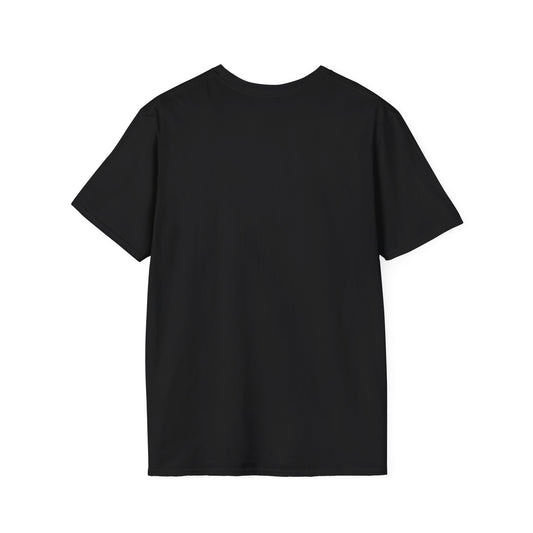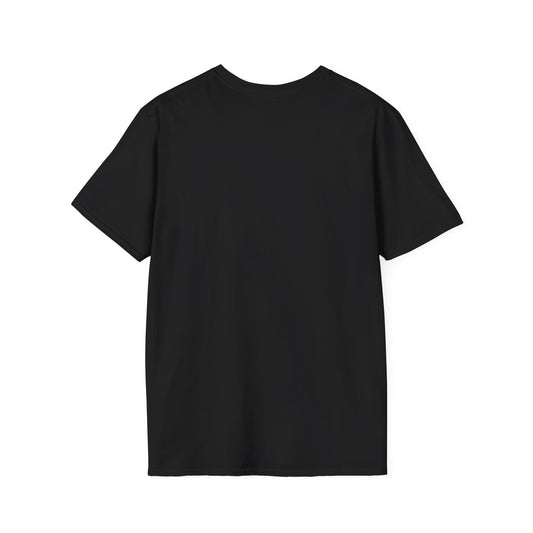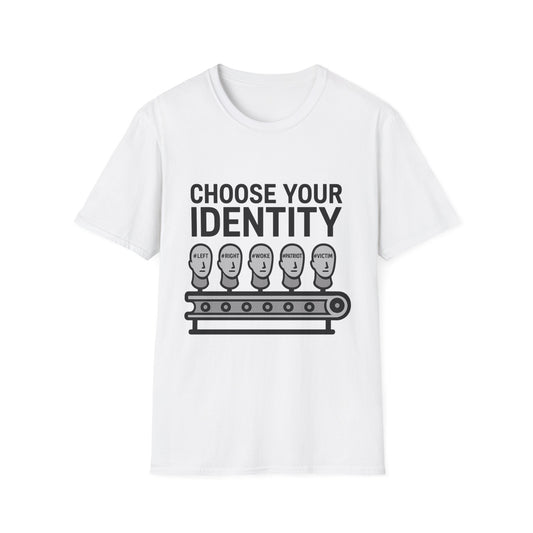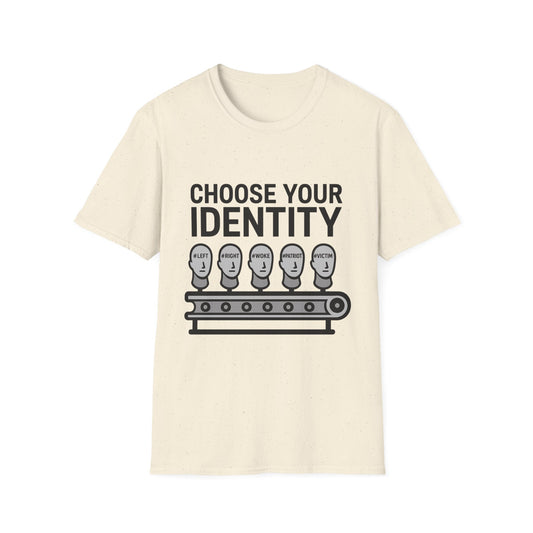
5 Apps That Are Stealing Your Data Right Now (And You Still Use Them)
5 Apps That Are Stealing Your Data Right Now (And You Still Use Them)
They’re on your phone right now. You check them daily, sometimes hourly. They know where you sleep, who you talk to, what you search, and what you fear. These apps don’t just track your habits—they study your patterns, your attention, your emotions. And you gave them permission. Not knowingly. Not with real consent. But with a distracted tap of “Allow” when you just wanted to get to the content.
This isn’t a conspiracy. It’s the business model. If you’re not paying, you’re the product—and your data is the currency. Every notification, every scroll, every GPS ping feeds a machine designed to turn you into a predictable, targetable, sellable unit. And the worst part? You know it. But you keep using them anyway.
Let’s break down five of the worst offenders in 2025—apps you probably still use, even though they’ve turned your phone into a surveillance device you carry willingly in your pocket.
Instagram (Meta)
You already know Zuckerberg wants your attention. But what you might not realize is how deep Instagram goes. Every time you open the app, it logs how long you look at posts, what kinds of content make you pause, who you stalk, what you tap, and even what you hesitate on before scrolling past.
It listens. Not always overtly, but indirectly through permissions and microphone access. Ever talked about something out loud and then seen it in your feed? That’s not coincidence—it’s behavioral modeling mixed with audio pattern targeting. Instagram isn’t just a social app. It’s a mirror. And someone else is watching what you see.
TikTok
Even after its ban scare, TikTok remains one of the most intrusive apps on the planet. ByteDance’s algorithm isn’t just about serving you funny videos. It’s about building a real-time psychological profile. TikTok knows your mood, your insecurities, your preferences, and your politics—all from what you watch and how long you hover.
It maps biometric data through facial analysis. It scans your clipboard. It tracks your keystrokes, your location, your device ID, and sometimes even your other apps. In 2025, it’s less a platform and more a behavioral testing lab. You’re not the user. You’re the subject.
Google Maps
It’s convenient. It’s reliable. It’s everywhere. But Google Maps is also a passive surveillance tool embedded into your daily life. It tracks your every move, logs your routes, timestamps your visits, and builds a timeline of your physical existence—automatically.
It knows where you work. Where you sleep. Where you get coffee. Where you travel on weekends. This isn’t just for traffic. It’s data that feeds Google's ad empire. And if you think turning off “location history” helps, think again. It still tracks you—just under “Web & App Activity.”
Snapchat
You think it’s private because the messages disappear. That’s the illusion. Behind the scenes, Snapchat collects your facial data, filters usage, location, contacts, in-app behavior, and even what you type before you hit send.
The Snap Map feature shares your real-time location, often without users realizing it’s enabled by default. And the company has shared user data with law enforcement without a warrant in several cases. So much for disappearing messages.
Weather Apps (Yes, seriously)
The most unsuspecting spy in your pocket is often your favorite weather app. Many of them, especially third-party apps, sell your location data to advertisers, hedge funds, and data brokers.
In 2023, one major weather app was sued for selling location data tied to abortion clinic visits. Think about that. You opened the app to check the rain. They sold your coordinates to someone who wants to profit from your movements.
The Real Problem Isn’t Just the Apps—It’s You
You know this. You’ve heard the warnings. But you keep them installed. Why? Because they’re convenient. Because the addiction to connection, stimulation, and ease is stronger than your discomfort about being tracked.
This isn’t about deleting every app and living in a cave. It’s about waking up. It’s about understanding that the things you use for fun, comfort, or connection are double-edged tools—and one side cuts straight through your privacy.
Every “Allow all cookies” click is a surrender. Every time you say, “Well, they already have everything anyway,” you’re reinforcing the trap. You’re telling them it’s okay. And so they keep digging.
What You Can Do (If You Actually Want to Do Anything)
You can opt out. You can set boundaries. You can turn off permissions, use privacy browsers, ditch apps that exist only to harvest you, and support platforms that don’t treat you like a product. It’s not easy. That’s the point. They made it hard on purpose.
But the hard thing is often the right thing. And if you can’t imagine deleting Instagram or TikTok, ask yourself why. What are you afraid of losing? Validation? Connection? Or have you just grown numb to being watched because it’s easier than resisting?
You’re not paranoid. You’re just paying attention. And in a world designed to track, bait, and control you, that makes you dangerous. Stay that way.







